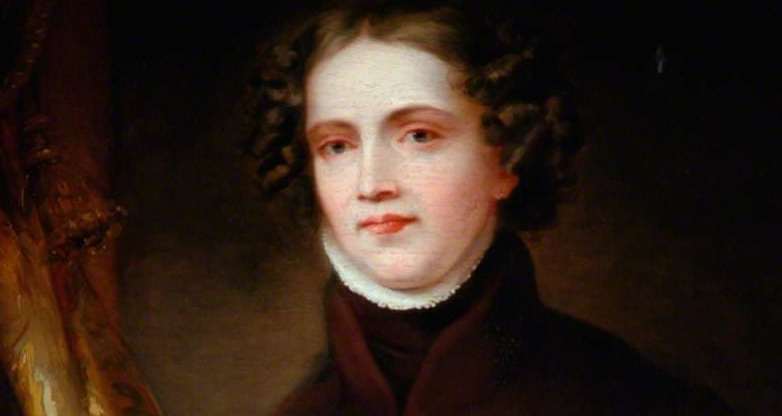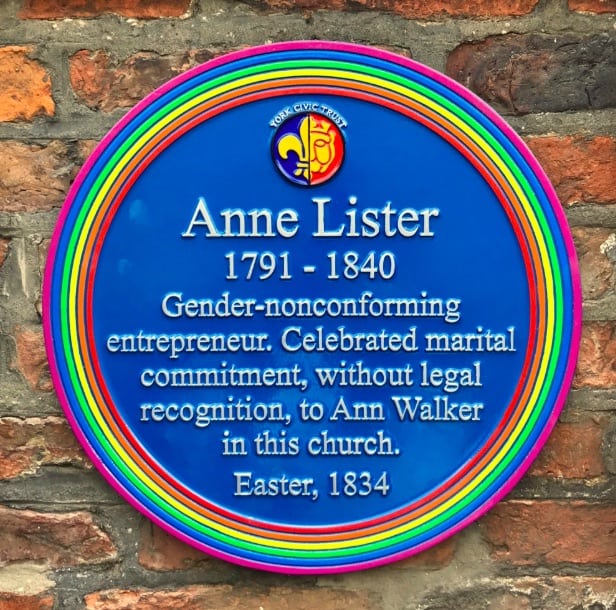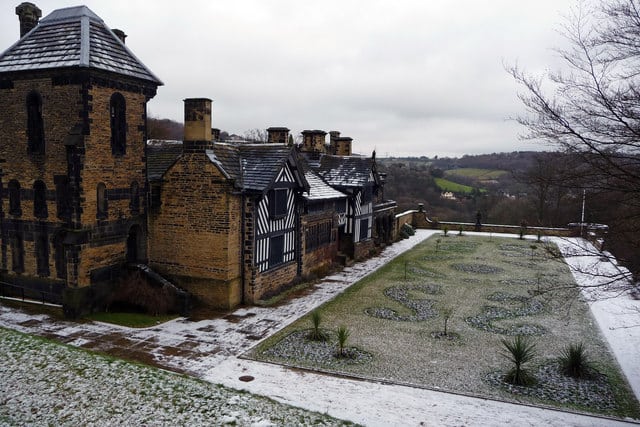Anne Lister: 2,000 people sign petition against ‘erasure’ of ‘first modern lesbian’ plaque

Anne Lister was a wealthy entrepreneur and diarist
More than 2,000 people have signed an online petition over the wording of a plaque commemorating a woman described as the “first modern lesbian.”
Anne Lister, who challenged widely-accepted societal norms regarding sexuality, was recently honoured with a rainbow plaque in York.
Lister, a wealthy diarist and landowner born in Halifax, married heiress Ann Walker in 1834 at the Holy Trinity Church.
Yet the rainbow plaque—which was unveiled on the church by the York Civic Trust, York LGBT History Month, York LGBT Forum and The Churches Conservation Trust—describes Lister as a “gender-nonconforming entrepreneur” rather than a lesbian.

The Change.org petition states: “York LGBT History Month, with York Civic Trust, have just unveiled a blue plaque on the wall on the church where Anne Lister made her vows to her partner, Ann Walker.”
“This is a wonderful moment, except that the plaque calls Anne (an iconic figure to lesbians throughout West Yorkshire particularly) ‘gender non conforming.’
“A gender nonconforming woman can be many things because it only means that you do not conform to societal expectations. It has nothing to do with sexuality.
“Anne Lister was, most definitely, gender non conforming all her life. She was also however, a lesbian. That is why she took vows with her girlfriend in that church, because they were in love with each other and wanted to express that same sex love – the very definition of lesbianism.”
In a press statement, the York Civic Trust both described Lister as “one of Yorkshire’s earliest LGBT representatives,” noting her reputation as “the first modern lesbian,” while also pointing out how she lived an “unconventionally masculine lifestyle.”

Shibden Hall, which was inherited by Lister (Creative Commons)
York Civic Trust told PinkNews the decision of the plaque wording was the result of a “long-thought-out process” at the request of the LGBT partner groups who “had argued it among themselves.”
“The wording that we chose was supposed to be—I don’t know whether it’s going to be successful—but it was supposed to be factual and ‘future-proofed’ so it’s understandable into the future without changes in social connotation,” York Civic Trust chief executive Dr David Fraser said.
“We are conscious that we may have got it wrong,” he added.
Lister was a successful entrepreneur and a landowner who kept an extensive diary, partly written in code, which ran to around four million words.
The diary, which was deciphered in the 1980s, details her sexual affairs with other women throughout her life, as well as her business interests and thoughts on social issues.

